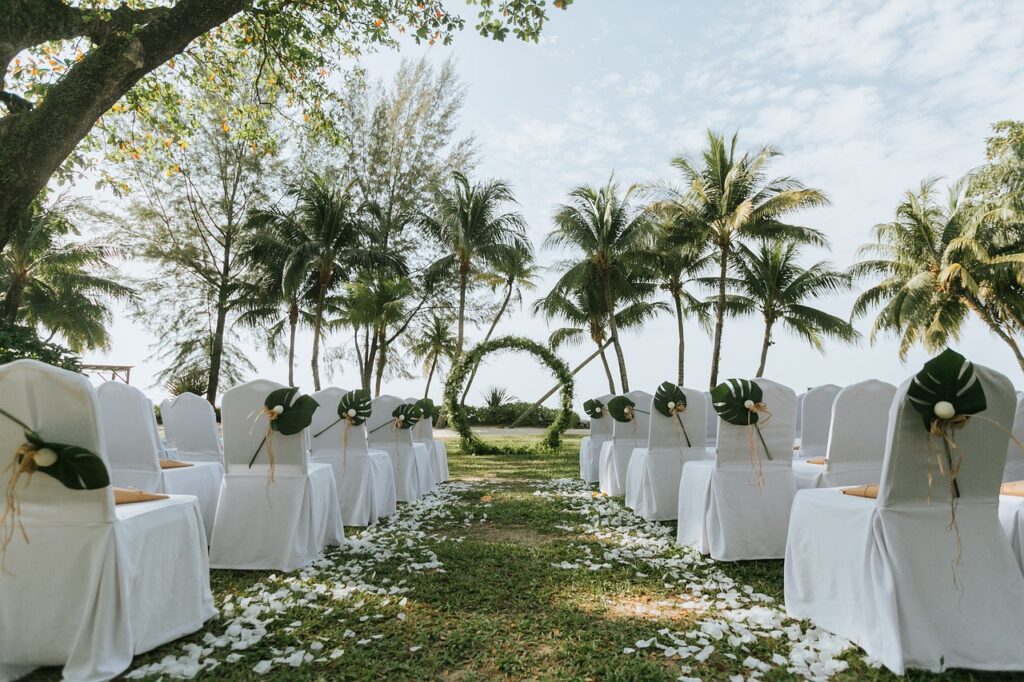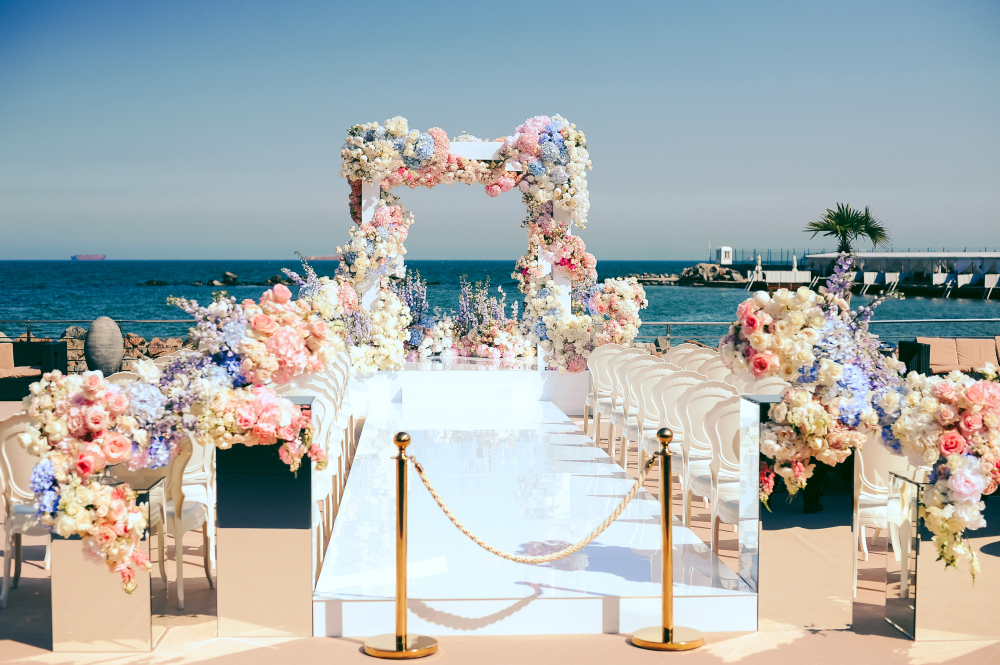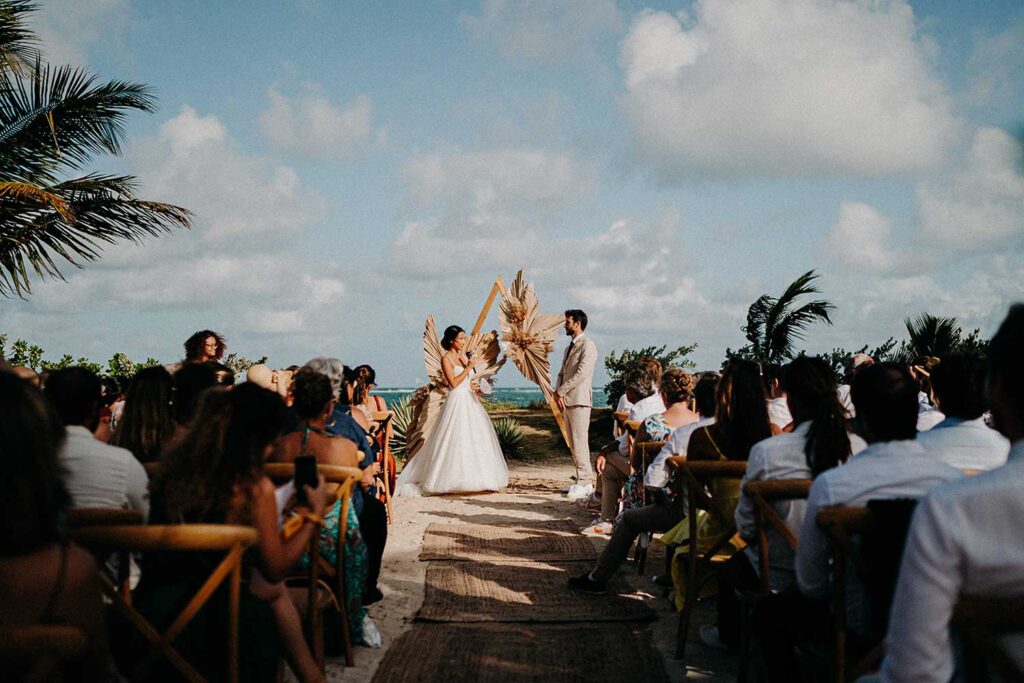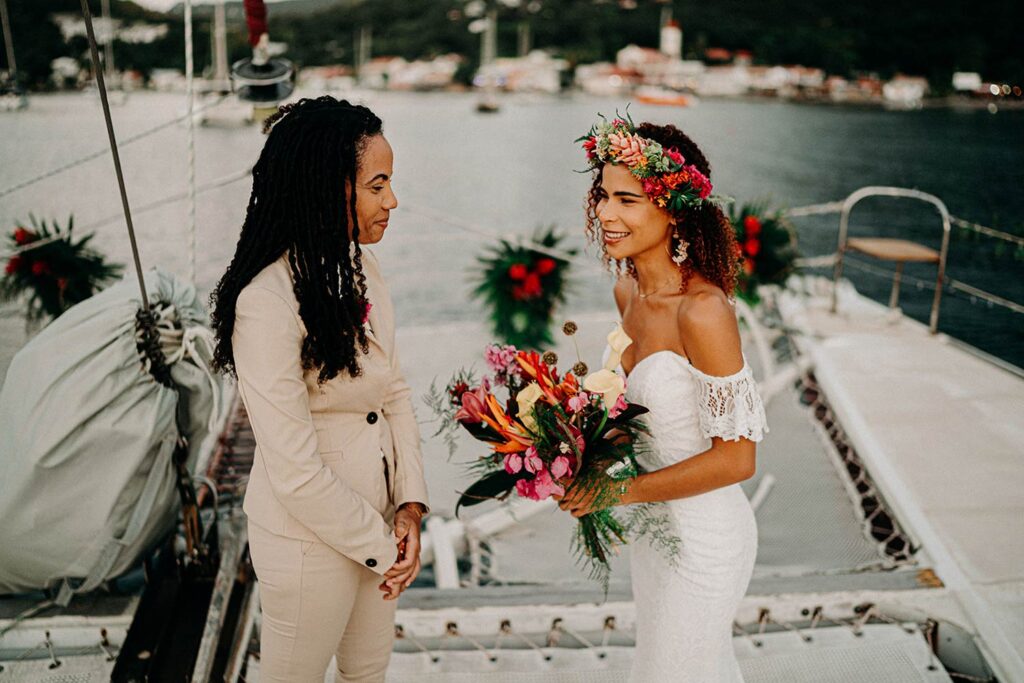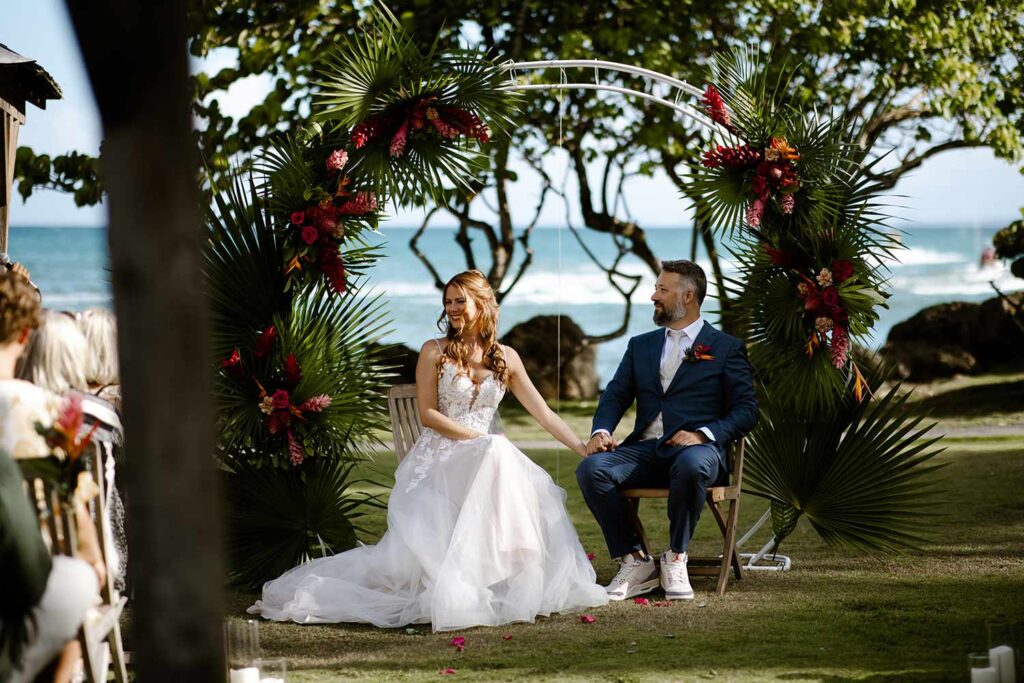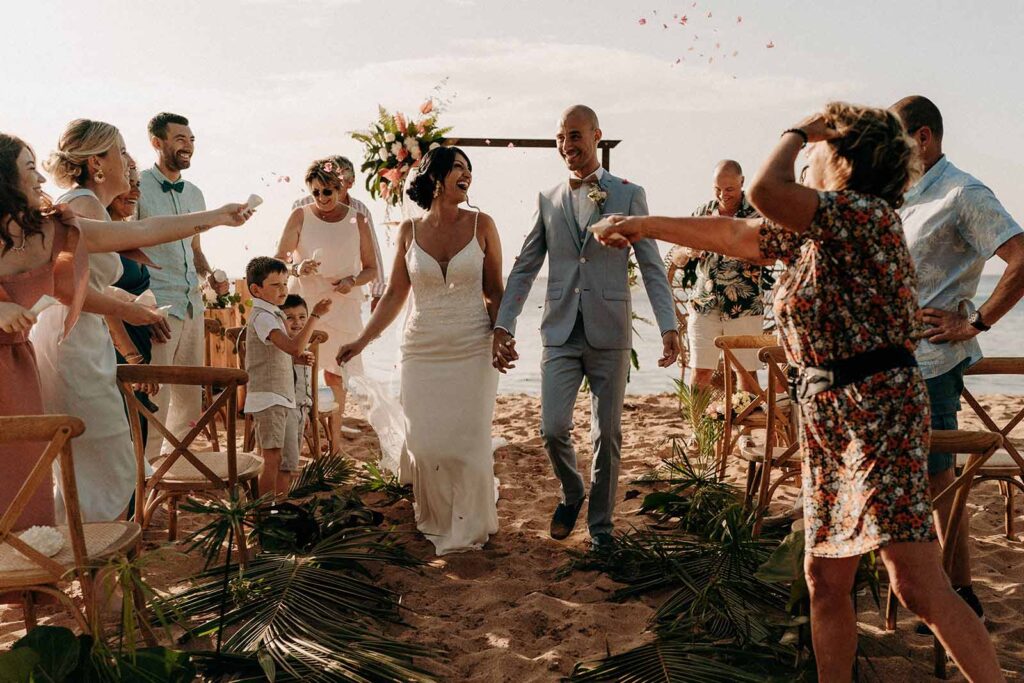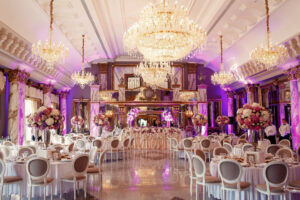Planning a wedding is one of the most exciting and memorable times in your life, but it can also be overwhelming and stressful. That’s where a wedding planner comes in. A skilled wedding decoratorcan help turn your dream wedding into a reality, handling all the details so you can focus on enjoying your special day. However, not all wedding planners are created equal, so it’s essential to ask the right questions before making a decision. Here are 10 essential questions to ask your wedding decorator before hiring.
1. What is wedding planner Experience in Wedding Planning?
When considering hiring a wedding planner, one of the first questions you should ask is about their experience in the field of wedding planning. Understanding a planner’s background and expertise is crucial in determining if they are the right fit for your special day. Here are some key aspects to consider when evaluating a wedding planner’s experience:
Years in the Industry: Begin by asking how long the wedding planner has been working in the wedding industry. Experience often brings with it a wealth of knowledge and the ability to handle various situations that may arise during the planning process.
Number of Weddings Planned: In addition to knowing how long they’ve been in the industry, it’s essential to inquire about the number of weddings the planner has successfully coordinated. A higher number of weddings indicates more exposure to different scenarios and challenges, which can be beneficial in ensuring a smooth planning process for your event.
Types of Weddings Handled: Not all weddings are the same, and different weddings come with their unique set of challenges and requirements. Ask the wedding decorator about the types of weddings they have experience planning. Whether it’s traditional ceremonies, destination weddings, cultural celebrations, or themed events, their ability to adapt to different styles and preferences is essential.
Testimonials and References: Request testimonials or references from past clients to gain insight into their experiences working with the wedding planner. Positive feedback and recommendations from previous couples can provide valuable reassurance of the planner’s capabilities and professionalism.
Industry Connections: A well-established wedding planner often has strong connections within the industry, including relationships with vendors, venues, and other professionals. Inquire about their network and how it benefits their clients. Access to reputable vendors and resources can enhance the overall planning experience and result in a memorable wedding day.
2. Can You Provide References or Portfolio of Previous Weddings?
When considering hiring a wedding planner, it’s essential to assess their previous work to ensure they align with your vision and expectations for your special day. Requesting references or a portfolio of previous weddings they’ve planned is a common and reasonable request. Here’s why it’s important and how to go about it:
Assessing Style and Quality: Viewing a wedding planner’s portfolio allows you to assess their style, creativity, and the quality of their work. Look for cohesive themes, attention to detail, and overall aesthetics that resonate with your preferences.
Verifying Experience and Expertise: A portfolio serves as tangible evidence of a wedding planner’s experience and expertise. By reviewing past projects, you can gauge their level of proficiency in handling various aspects of wedding planning, from design and coordination to execution.
Seeking Client Testimonials: Alongside the portfolio, ask for client testimonials or references from past couples. Hearing firsthand accounts of their experiences working with the wedding planner can provide valuable insights into their professionalism, communication style, and ability to exceed expectations.
Building Trust and Confidence: Viewing a wedding planner’s portfolio and reading testimonials can help build trust and confidence in their ability to bring your wedding vision to life. It reassures you that you’re entrusting your special day to a competent and reliable professional.
3. What Services wedding Planner Offer?
Understanding the range of services offered by a wedding planner is crucial in determining if they can fulfill your specific needs and preferences for your special day. Wedding planners typically offer a variety of services, ranging from comprehensive full-service planning to more limited coordination packages. Here’s a breakdown of common services provided by wedding planners:
Full-Service Wedding Planning: This comprehensive package encompasses all aspects of wedding planning, from start to finish. A full-service wedding planner will assist you in every stage of the planning process, including budget management, venue selection, vendor coordination, design and décor, timeline creation, and day-of coordination. This option is ideal for couples who want professional guidance and support at every step, allowing them to relax and enjoy the planning experience without the stress of managing details.
Partial Planning or Custom Packages: Some wedding planners offer customizable packages tailored to the specific needs and preferences of the couple. These partial planning packages may include assistance with specific aspects of the wedding, such as vendor recommendations, timeline creation, or design assistance. Couples can collaborate with the planner to create a package that aligns with their budget and requirements while still benefiting from professional expertise and guidance.
Venue Selection and Logistics: Choosing the perfect venue sets the tone for your wedding day. Wedding planners can assist you in selecting a venue that aligns with your vision, budget, and guest count, as well as coordinating site visits, managing contracts, and addressing logistical considerations such as parking, accommodations, and permits.
Design and Décor Assistance: Wedding planners with a background in design can offer valuable assistance in creating a cohesive aesthetic for your wedding. They can help you develop a theme or concept, select décor elements, and coordinate with vendors to bring your vision to life. Whether you’re aiming for a rustic-chic vibe or a glamorous soirée, a skilled planner can curate a visually stunning and memorable event.
4. How wedding planner Handle Vendor Selection and Coordination?
Vendor selection and coordination are crucial aspects of wedding planning, as the vendors you choose can significantly impact the overall success and experience of your special day. Here’s how a competent wedding planner typically handles vendor selection and coordination:
Initial Consultation: The process often begins with an initial consultation between you and the wedding dacorator to discuss your vision, preferences, and budget for the wedding. During this meeting, you’ll provide details about the type of vendors you’re looking for, such as photographers, caterers, florists, musicians, and more.
Vendor Recommendations: Based on your preferences and budgetary considerations, the wedding planner will provide you with a curated list of recommended vendors. These recommendations are often based on the planner’s knowledge of the industry, past experiences, and established relationships with reputable vendors.
Reviewing Portfolios and Proposals: Once you’ve received vendor recommendations, you’ll have the opportunity to review their portfolios, pricing, and proposals. The wedding dacorator can help facilitate this process by organizing meetings or consultations with potential vendors, either in person or virtually.
Logistics and Setup: On the day of the wedding, the wedding planner oversees the logistics of vendor setup and coordination. They’ll coordinate vendor arrivals, oversee setup and breakdown of equipment and décor, and ensure that everything is executed according to plan and timeline.
5. What is Your Communication Style?
When evaluating a wedding planner’s communication style, it’s essential to consider how they approach interactions, convey information, and maintain open lines of communication throughout the planning process. Effective communication is the cornerstone of a successful partnership between you and your wedding planner. Here’s what to expect when it comes to a wedding planner’s communication style:
Clear and Concise: A good wedding planner communicates clearly and concisely, ensuring that information is conveyed accurately and effectively. They articulate ideas, instructions, and expectations in a manner that is easy to understand, avoiding jargon or overly technical language that may confuse or overwhelm clients.
Responsive and Accessible: A responsive wedding dacorator prioritizes timely communication and accessibility, promptly responding to emails, calls, or messages from clients. They understand the importance of addressing questions, concerns, and requests in a timely manner, fostering trust and confidence in their availability and commitment to client satisfaction.
Problem-Solving and Solutions-Oriented: Planning a wedding inevitably involves challenges and obstacles, but a resourceful wedding dacorator approaches problems with a solutions-oriented mindset. They communicate proactively, address issues promptly, and work together with clients to find creative solutions and overcome any hurdles that may arise.
6. How wedding Planner Handle Emergencies or Last-Minute Changes?
Handling emergencies or last-minute changes is a critical aspect of a wedding planner’s role, as unexpected situations can arise at any stage of the planning process or on the wedding day itself. Here’s how wedding planners typically manage emergencies or last-minute changes:
Establishing Contingency Plans: A proactive wedding planner anticipates potential emergencies and last-minute changes by developing comprehensive contingency plans in advance. They identify potential risks, such as inclement weather, vendor cancellations, or logistical challenges, and devise backup strategies to address these scenarios quickly and effectively.
Maintaining Open Communication: Communication is key in managing emergencies or last-minute changes. A wedding dacorator maintains open lines of communication with clients, vendors, and other stakeholders, keeping them informed of any developments and coordinating responses in real-time. They provide clear instructions, updates, and reassurances to ensure everyone is on the same page and working towards a common solution.
Quick Decision-Making: In times of crisis, decisive action is essential. A wedding planner makes quick, informed decisions based on the best interests of their clients and the overall success of the event. They prioritize urgent tasks, allocate resources efficiently, and implement solutions promptly to mitigate the impact of the emergency or change.
Prioritizing Essential Tasks: During emergencies or last-minute changes, a wedding dacorator prioritizes essential tasks and activities to ensure that critical elements of the event are addressed first. Whether it’s coordinating with key vendors, adjusting the timeline, or communicating with guests, they focus on tasks that have the most significant impact on the success and safety of the wedding day.
Flexibility and Adaptability: Weddings are dynamic events, and unexpected changes are par for the course. A flexible wedding planner adapts quickly to changing circumstances, adjusting plans, timelines, and logistics as needed to accommodate last-minute changes. They embrace flexibility and creativity, finding innovative solutions to unforeseen challenges without compromising the overall vision or quality of the event.
7. What is wedding planner Fee Structure?
Understanding a wedding planner’s fee structure is essential for budgeting and financial planning purposes. Wedding planners typically offer various packages and pricing options to accommodate different budgets and preferences. Here are some common components of a wedding planner’s fee structure:
Package Pricing: Many wedding planners offer pre-designed packages that bundle a set of services together at a fixed price. These packages may range from basic coordination and day-of services to full-service planning, design, and execution. Clients can choose the package that best suits their needs, preferences, and budget, with the option to customize or add on additional services as desired.
Additional Fees and Expenses: In addition to the base fee or package price, clients may incur additional fees and expenses for specific services, such as travel expenses, venue scouting, vendor referrals, or rental equipment. These fees are typically outlined in the contract or agreement between the client and the wedding planner and may vary depending on the scope of services provided.
Clarity and Transparency: Transparency is key when it comes to discussing fees and pricing with a wedding planner. Ensure that all fees, expenses, and payment terms are clearly outlined and documented in writing before signing any contracts or agreements. Clear communication and mutual understanding of the fee structure help avoid misunderstandings or disputes down the line.
8. How wedding planner Stay Organized and On Schedule?
Staying organized and on schedule is paramount for a wedding planner to ensure that every aspect of the wedding is executed smoothly and according to plan. Here are some strategies and techniques that wedding planners employ to stay organized and on schedule throughout the planning process:
Comprehensive Planning Tools: Wedding planners utilize a variety of tools and resources to stay organized, including digital planning software, spreadsheets, calendars, and project management apps. These tools help them keep track of tasks, deadlines, appointments, and vendor communications in one centralized location.
Detailed Checklists and Timelines: Wedding planners create detailed checklists and timelines outlining every aspect of the planning process, from booking vendors to finalizing décor details. These checklists serve as a roadmap for the entire planning journey, ensuring that no task is overlooked or forgotten.
Time Management Skills: Effective time management is essential for wedding planners to juggle multiple tasks and deadlines simultaneously. They prioritize tasks based on urgency and importance, allocate time efficiently, and set realistic deadlines to ensure that everything is completed on schedule.
Attention to Detail: Wedding planners pay close attention to detail to ensure that every aspect of the wedding is planned and executed flawlessly. They meticulously review contracts, confirm vendor details, and double-check timelines to catch any potential errors or oversights before they become issues.
Experience and Expertise: Drawing on their experience and expertise in the wedding industry, wedding planners rely on proven strategies and best practices to stay organized and on schedule. They leverage their knowledge of industry trends, vendor relationships, and logistical considerations to navigate the planning process efficiently and effectively.
9. What is wedding planner Approach to Design and Décor?
A wedding planner’s approach to design and décor is guided by their client’s vision, preferences, and budget, with a focus on creating a cohesive and memorable aesthetic that reflects the couple’s unique style and personality. Here’s how wedding planners typically approach design and décor:
Understanding Client Preferences: Wedding planners take the time to understand their client’s tastes, preferences, and aesthetic preferences. They explore various design styles, color palettes, and décor elements to determine what resonates most with the couple and aligns with their vision for the wedding day.
Collaborative Design Process: Designing the wedding décor is a collaborative process between the wedding planner and the couple. The planner offers creative ideas, suggestions, and inspiration, while also incorporating the couple’s input and feedback to tailor the design to their specific tastes and preferences.
Creating a Design Concept: Based on the couple’s vision and input, the wedding planner creates a cohesive design concept that sets the tone for the entire wedding. This concept encompasses all aspects of the décor, including floral arrangements, tablescapes, lighting, signage, and more, ensuring a unified and harmonious look and feel throughout the event.
Incorporating Personal Touches: Personalization is key to creating a memorable and meaningful wedding experience. Wedding planners work closely with the couple to incorporate personal touches and meaningful details into the design and décor, such as family heirlooms, photos, cultural traditions, or sentimental elements that reflect their love story.
10. How wedding planner Handle Day-of Coordination?
Day-of coordination is a critical aspect of a wedding planner’s role, ensuring that all the details and logistics come together seamlessly on the wedding day. Here’s how wedding planners typically handle day-of coordination:
Preparation and Familiarization: Leading up to the wedding day, the wedding dacorator thoroughly familiarizes themselves with all aspects of the event, including the timeline, vendor contracts, layout, and any special instructions or requests from the couple. They conduct final walkthroughs of the venue(s) to familiarize themselves with the space and identify potential logistical challenges or opportunities
Venue Setup and Décor Oversight: The wedding planner oversees the setup and arrangement of the ceremony and reception spaces, ensuring that all décor elements, seating arrangements, and signage are in place according to the design plan. They work closely with vendors to execute the décor vision and make any last-minute adjustments as needed.
Timeline Execution: Throughout the day, the wedding dacorator manages the timeline, keeping events on schedule and ensuring a smooth flow of activities from start to finish. They cue vendors and key participants for important moments, such as the ceremony processional, speeches, and cake cutting, and adapt the timeline as necessary to accommodate unforeseen changes or delays.
Problem-Solving and Crisis Management: Inevitably, challenges may arise on the wedding day, but a skilled wedding planner is prepared to handle them with poise and professionalism. They anticipate potential issues, such as inclement weather, vendor no-shows, or logistical hiccups, and implement contingency plans to mitigate disruptions and keep the event running smoothly.
In conclusion, hiring the right wedding planner can make all the difference in bringing your dream wedding to life. By asking these essential questions and carefully considering their answers, you can ensure that you find the perfect wedding planner to help make your special day unforgettable.


